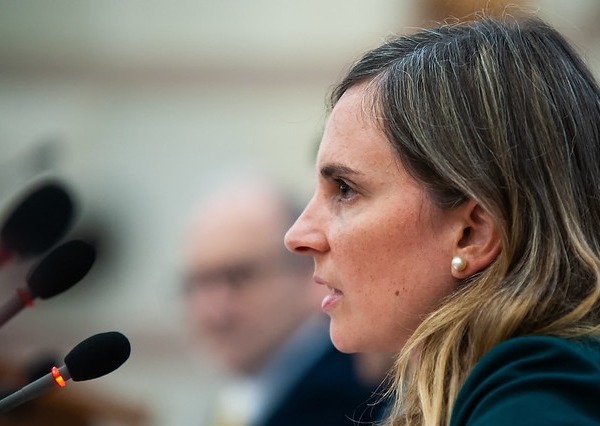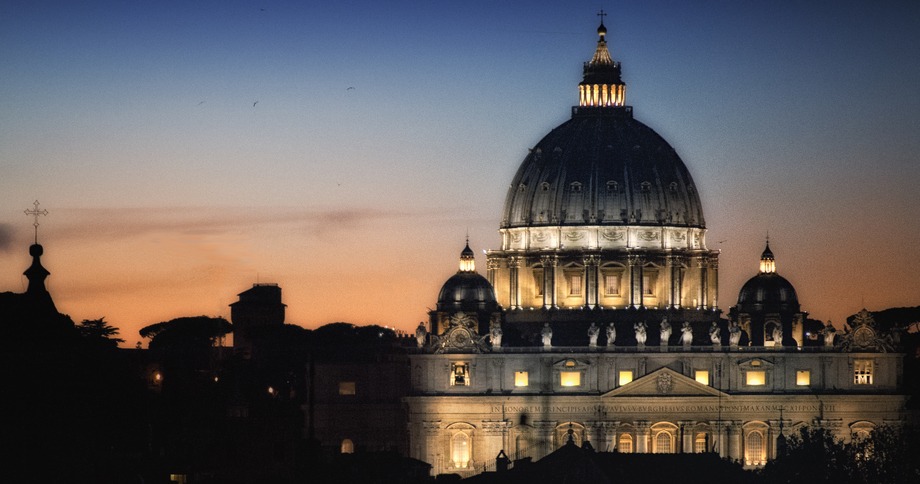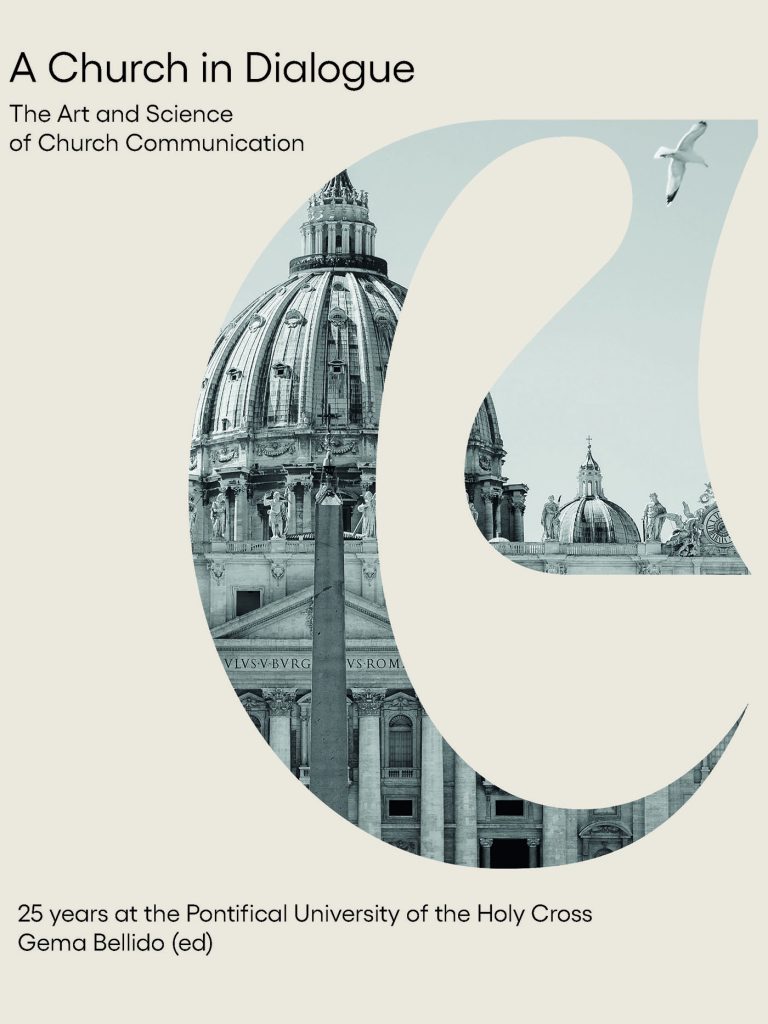 Two of the Pope's recommendations for the Church media
Two of the Pope's recommendations for the Church media The challenges of today's Vatican communication
The challenges of today's Vatican communicationA few weeks ago, a book came out in English that offers an overview of the areas and challenges of the Church's institutional communication, with a look at the history of the last 25 years, but with a projection into the near future. The intention is to contribute to the realization of a true "Church in dialogue" with the world and contemporary society. It is entitled "A Church in Dialogue. The Art and Science of Church Communication." (Edusc, Rome 2022). Several authors, 32 in all, have contributed to this publication at the invitation of the Faculty of Institutional Communication of the Pontifical University of the Holy Cross to celebrate its first 25 years. Omnes interviewed the editor of the volume, Professor Gema Bellido.

-How did the idea for this book come about?
The idea for the book was born within the Faculty of Institutional Church Communication of the Pontifical University of the Holy Cross in Rome. The professors, in agreement with the steering committee, wanted to do something that could remain as a legacy of the 25-year history of the faculty. The result was to publish a book that would speak about Church communication from different perspectives and that could be useful for the work of communicators and scholars of Church communication.
–What are the most important topics covered?
Various topics are covered, from those that give the historical, cultural or social context to those that speak more specifically of the profession of those who work in Church communications, whether in a diocesan communications office or as Vaticanists. The book explains, for example, the progressive professionalization of institutional communication, the relationship between government and communication within organizations, how the Church can dialogue with today's world and participate in the public conversation, and the different channels it can use for this dialogue.
As the title says, communication is seen as both art and science. As an art, it requires creativity, and therefore the relationship with beauty and truth is very important. As a science, it needs to be deepened, studied, and, therefore, for those who want to work in this profession, reflection is a duty, an indispensable condition.
–What is the relationship between faith and responsible communication? What is the task of communicators?
Pope Francis encourages journalists and communication professionals to live this profession as a mission. He says that we have "the mission to explain the world, to make it less obscure, to make those who live in it less afraid of it and to make them look at others with greater awareness, and also with more confidence". As the Pontiff reminds us, the intrinsic mission of the profession is to have a responsible attitude, to help interpret the world and to seek to improve the environment in which the communicator works. Moreover, I believe that people of faith feel called to carry out this mission not only as something that comes from their profession, but also as a manifestation of their Christian vocation.
–In light of what is addressed in the book, what are the challenges of communication in the Church?
There are many but I would like to highlight one in particular: communication has an important role to play in helping the Church, individuals and institutions, to regain the legitimacy needed to be a credible and relevant voice in the world. To do this, it is necessary to deepen one's identity and to polish it, so that Christian values can be a bridge. This will help to fulfill the Pope's desire that the Church should not be self-referential, but rather that it should be a Church that goes out and is ready to dialogue with all institutions and with all people.
-You deal with issues related to the reputation of institutions, does the Church also have a lot to learn in this respect?
People's perceptions of institutions reflect, to a greater or lesser extent, the reality of the institution. Therefore, when we aim to improve reputation, we must, in practice, improve reality. Communication, in this sense, has a transforming power in organizations, which involves listening to these perceptions, showing them to those who govern and proposing how to better embody the identity principles of the institution so that it can better fulfill its mission in society.
The Church, like all organizations, can continue to learn in this regard, but I believe that it is in the process of doing so. For example, the Synod on Synodality that we are experiencing is a very interesting listening exercise both at the level of the dioceses and of the universal Church, a practical way of giving a voice to those who want to express themselves on the issues raised.
It is true that in order for communication to serve the Church in this way, we need people who are well trained professionally. Personally, it gives me great joy to see priests, religious and lay people who are studying and deepening their knowledge of the faith, the nature of the Church and the fundamentals of institutional communication, with the illusion of contributing in the future, with their work, to the task of evangelization of the Church, passing through the classrooms of the university, in my work as a professor in the Faculty of Communication.












